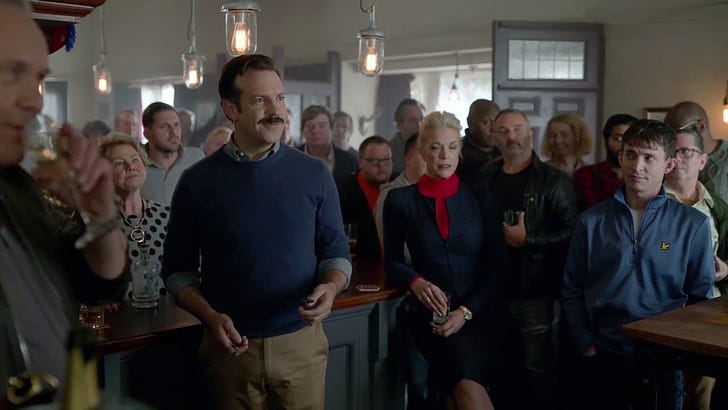The two sacraments of the United Methodist Church are Holy Communion and Baptism. With my sermon on curiosity, yesterday’s theme was seeing God’s invisible grace through the visible signs. The visible signs of Holy Communion are bread and wine (or grape juice). The visible sign of Baptism is water. And these signs point us to the deeper reality of God’s grace and the invisible kingdom that is revealed and hidden amongst us (Luke 17:21).
While in high school, I was curious why my school and my church looked utterly different in demographics. In 2014, I was curious why Dr. King, Jr. called Sunday morning “the most segregated hour in America.” I was curious why there was a dissonance between the stories we told around the Lord’s Table and the practice we embodied at that same Table. We called ourselves “many members, but one body,” yet I was curious why we only shared the one loaf with those who looked and thought like me. I was curious about what kind of role our Christian faith could play in the deepening racial and sociopolitical polarization in our society.
“I am convinced that men hate each other because they fear each other. They fear each other because they don’t know each other, and they don’t know each other because they don’t communicate with each other, and they don’t communicate with each other because they are separated from each other.”
Martin Luther King Jr.
And what came out of this relentless curiosity was rather a simple thought, asking myself “What if we partake in Holy Communion as often as possible with those who do not look like me and think like me?” And that was the beginning of my call into multicultural and cross-cultural ministry.
What if we reaffirm the invisible unity of God’s body through the visible diversity of our church? What if we see the divine reality of Revelation 7:9 through our affirmation of Galatians 3:28? And what if that deeper reality of God’s kingdom transforms us into agents of reconciliation? What kind of change could that make to our everyday life and the world?
The one thing I hope for in my students is that they will never cease being curious. And for them to always remember that the church is a place to ask hard questions rather than a place to receive easy answers. And for them to imagine a world where we remember and reflect on the greatest commandment in the following manner in light of Ted Lasso’s monologue:
What if we become more curious about God?
What if we become more curious about neighbors?
What if we become more curious about me?

